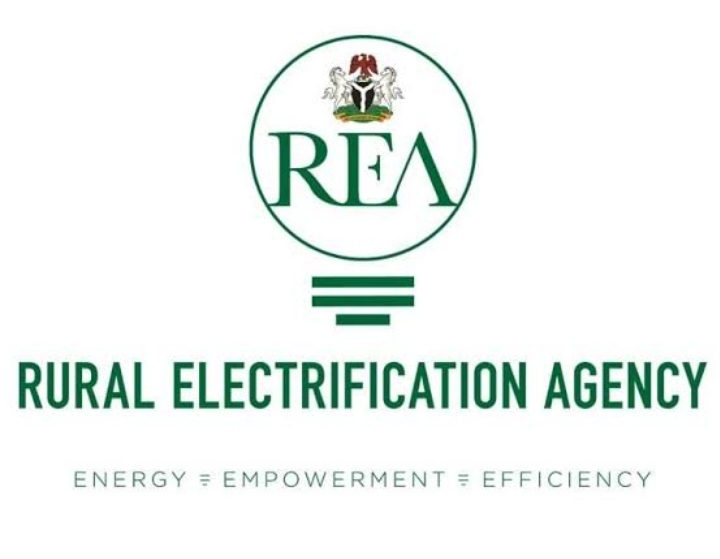ABUJA – In its continued efforts to strengthen public health protections against tobacco use in Nigeria, the Corporate Accountability and Public Participation Africa (CAPPA) on Friday identified loopholes in the proposed bill for Act to amend the National Tobacco Control Act, 2018 (HBS47 and 1151).
Addressing the Stakeholders at a one-day Public Hearing on four health related bills including a bill for an Act to amend the National Tobacco Control Act 2018, Zikora Ibeh, CAPPA’s Senior Programme Manager, Policy and Research, pointed out some likely regulatory gaps and offered key recommendations to avoid exploitations industry players.
CAPPA also submitted a 15-page memorandum to the House of Representatives Committee on Healthcare Services, the organizers of the public hearing.
Some of the key recommendations in the memorandum include to throw out HB 1151 or harmonize it with HB 47, adding that the proposed Bill – HB 47 represents a commendable effort to strengthen Nigeria’s tobacco control framework but to ensure the Bill achieves its intended objectives, it is essential that the recommendations outlined be taken seriously.
CAPPA also noted that restoring deleted provisions on penalties and sales restrictions, harmonizing protections for sensitive locations, and maintaining the original governance structure of the National Tobacco Control Committee will significantly enhance the effectiveness of the legislation.
According to the group, appointing the Secretary from the Tobacco Control Unit or Non-Communicable Diseases (NCDs) Control Programme will also ensure the Committee benefits from technical expertise critical to its success.
Other recommendations are: “Rejecting HB 1151 or aligning it with HB 47 to maintain prohibitions on single-stick sales, which threaten accessibility for minors and low-income individuals.
“Reintroducing Subsection (2)(b) to impose stricter penalties for violations and enhance monitoring of informal markets.
“Expanding HB 47 to cover emerging tobacco products, ensuring comprehensive regulation against youth-targeted marketing.
“Reinforcing distance restrictions from 30 to 100 meters around schools and sensitive areas.
“Addressing advertising loopholes, particularly in digital spaces, by enforcing age verification and imposing penalties on violators.
“Maintaining the current governance structure of the National Tobacco Control Committee to ensure accountability and efficiency”.
Also speaking at the sidelines of the public hearing, Akinbode Oluwafemi, Executive Director of CAPPA, emphasized the need for a comprehensive approach to tobacco control in Nigeria.
He referenced the Framework Convention on Tobacco Control, a national convention that focuses on tobacco control, not just smoking control. Oluwafemi argued that the current National Tobacco Control Act is flawed because it reduces the scope of the law to smoking alone, rather than addressing tobacco use in all its forms.¹
He recommended that the drafters of the law revisit the global convention and the act itself to ensure that the amendments align with the original objective of the law.
Executive Director’s concerns highlight the importance of a holistic approach to tobacco control in Nigeria, one that addresses the broader issues of tobacco use and its impact on public health.
Earlier, Speaker Rt. Hon. Tajudeen Abass, the Speaker of the House of Representatives, emphasized the need for legislative reforms to address ongoing challenges, such as medical tourism and inadequate funding in the health sector.
Represented by Hon. Obordor Mitema, Member, representing Ogbia Federal Constituency, of Bayelsa State, the Speaker noted that despite Nigeria’s high GDP, health outcomes remain poor and urged collaboration with the private sector to enhance healthcare delivery.
The bills under review include amendments to the National Residency Training Act, the National Insurance Authority Act, and the National Tobacco Control Act, as well as the establishment of an Institute for Health Service Administrators in Nigeria.

 5 hours ago
9
5 hours ago
9












